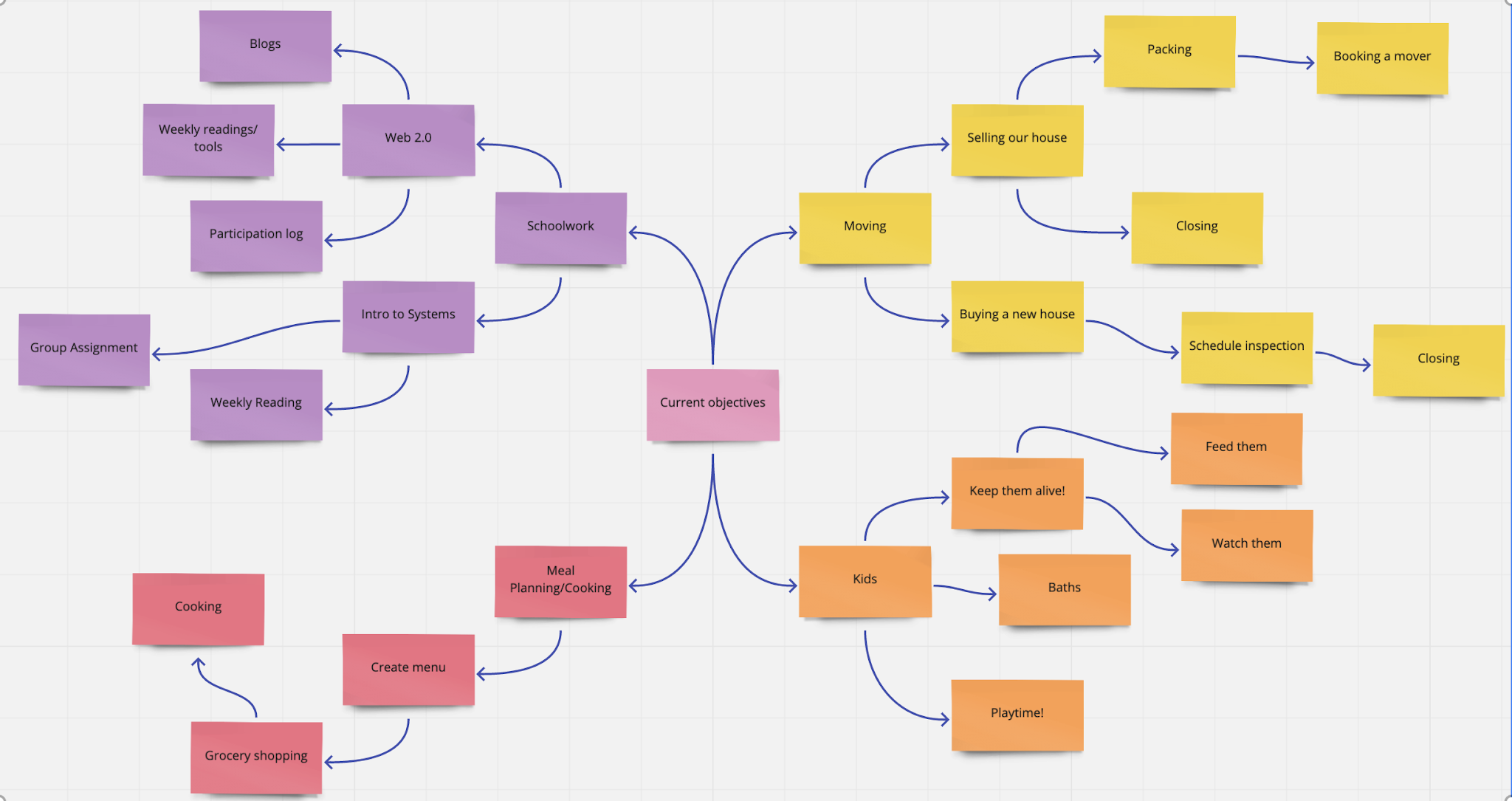Education and Policy around Digital Citizenship
After reading through Digital citizenship education handbook: Being online, well-being online, and rights online, and considering my own experiences, education, recent current events, and recent conversations, I am left wondering where the US is on addressing digital citizenship. Here are the things floating around in my head this evening...
I know that there was recently a Supreme Court case passed about free speech about a cheerleader that used some very explicit language on her Snapchat in regards to her school and cheerleading coach after not making the varsity team and was then suspended and kicked off the JV squad. SCOTUS passed in favor of her ability to speak freely on a social media platform about the school without ramifications.
In a Zoom call earlier today for EME5601, we were talking about whether or not kids had classes in school that were related to privacy and internet safety. Right now the consensus seems to be that there are special assemblies or lectures on this type of information, but nothing like a formal class on how to safely interact with/on the web. I imagine there is especially nothing about being an outstanding digital citizen.
The other thing I am considering is that my brother is currently doing his Masters in Public Interest Technology at ASU and it is a brand new program. I believe he is only the second official cohort for this degree. If you haven't watched The Social Network or listened to The Rabbit Hole Podcast by The New York Times, I think this line of thinking is addressed. What should be allowed? How much should be allowed? How do we navigate this "new world"?
I'm curious if any of you have thoughts on this!

Comments
Post a Comment